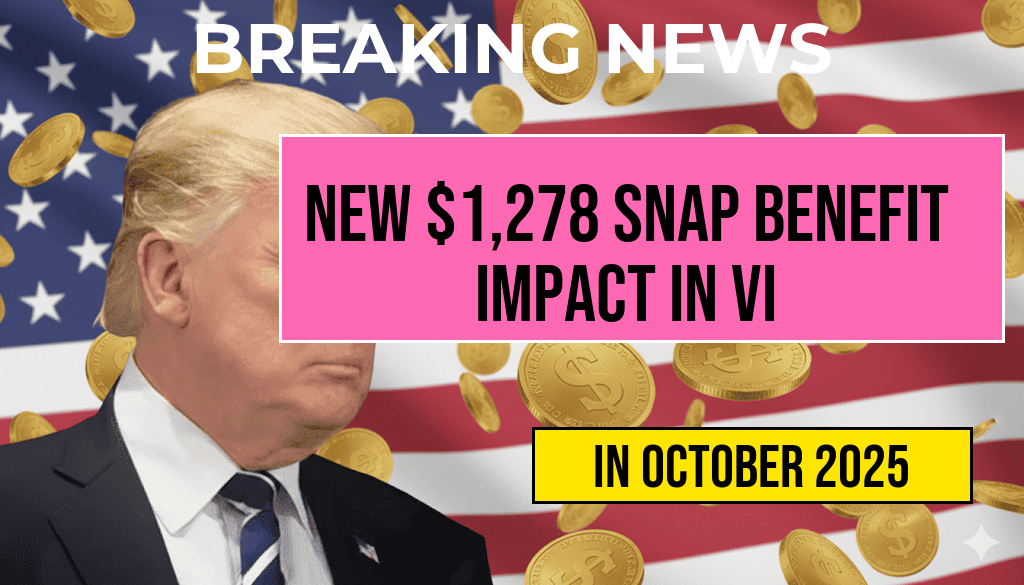As the tax landscape evolves, the implications of late filing penalties are set to become more pronounced by 2026. Taxpayers may face significantly higher bills due to increased penalties for late submissions, which could add hundreds of dollars to their overall tax obligations. The IRS has indicated that these adjustments aim to encourage timely compliance and close the tax gap, which is the difference between taxes owed and taxes paid. With many Americans already grappling with rising living costs, these upcoming changes may compound their financial challenges, especially for those who rely on extensions or are unaware of the looming deadlines.
Understanding the Increased Penalties
The IRS has proposed a structured increase in penalties for late tax filings starting in 2026, reflecting a shift in policy designed to streamline tax compliance. Under the new rules, taxpayers who miss the deadline will incur steeper fines than in previous years. Here’s what to expect:
- Current Penalties: Currently, the penalty for filing late is 5% of the unpaid tax for each month the return is late, up to a maximum of 25%.
- Projected Increases: In 2026, the penalty could jump to 10% for the first month, with incremental increases thereafter.
- Potential Financial Impact: Taxpayers could see their bills rise by hundreds of dollars, depending on their tax situation.
Who Will Be Affected?
The changes are expected to impact a wide range of taxpayers, from individuals to small business owners. Those who commonly file for extensions or are unfamiliar with the filing process may find themselves particularly vulnerable. The IRS emphasizes that even minor delays can lead to significant penalties, making it essential for all taxpayers to stay informed about filing dates and requirements.
Risk Factors for Taxpayers
Several factors can contribute to the likelihood of incurring late filing penalties:
- Self-Employment: Freelancers and small business owners may face more complex filing requirements, increasing the chances of errors or oversight.
- Financial Hardship: Individuals struggling with economic challenges may prioritize immediate expenses over tax responsibilities, leading to unintentional delays.
- Lack of Awareness: Many taxpayers are unaware of the specific deadlines or the implications of filing late, which can lead to costly mistakes.
Strategies to Avoid Increased Penalties
Taxpayers can take several proactive steps to ensure they meet filing deadlines and avoid heightened penalties:
- Stay Informed: Regularly check the IRS website for updates on tax deadlines and changes in filing regulations.
- Utilize Tax Software: Many tax preparation software programs offer reminders and guidance for timely filing.
- Consider Professional Help: Consulting a tax professional can provide tailored advice and help navigate complex filing requirements.
Resources for Taxpayers
To assist taxpayers, the IRS offers various resources and tools:
- Form 4868 for filing extensions.
- IRS Tax Tips for general filing advice.
- Official IRS Website for comprehensive tax information.
Conclusion
The anticipated increase in penalties for late tax filings in 2026 underscores the importance of timely compliance. As financial pressures mount, taxpayers must stay vigilant and informed to avoid substantial penalties. By understanding the upcoming changes and taking proactive measures, individuals and businesses can better navigate the complexities of their tax obligations and mitigate potential financial impacts.
Frequently Asked Questions
What are the new penalties for late tax filings in 2026?
The new penalties for late tax filings in 2026 are expected to significantly increase, potentially adding hundreds of dollars to taxpayers’ bills. These changes aim to encourage timely submissions and compliance with tax regulations.
How will these penalties affect my tax bill?
If you file your taxes late in 2026, you could see your tax bill increase due to the new penalties. The exact amount will depend on how late the filing is and the specific penalties applied by the IRS.
Are there any exceptions to the late filing penalties?
While specific exceptions may exist, generally, extensions or reasonable cause may not fully exempt taxpayers from the increased penalties. It’s crucial to consult the IRS guidelines for any potential relief options.
What can I do to avoid late filing penalties?
To avoid late filing penalties in 2026, ensure that you file your taxes on time, consider using tax preparation software, or consult a tax professional. Staying organized and aware of deadlines can help minimize your risk.
When will these penalties take effect?
The increased penalties for late tax filings are set to take effect starting in 2026, so it is essential for taxpayers to be aware of these changes well in advance to avoid unexpected costs.








